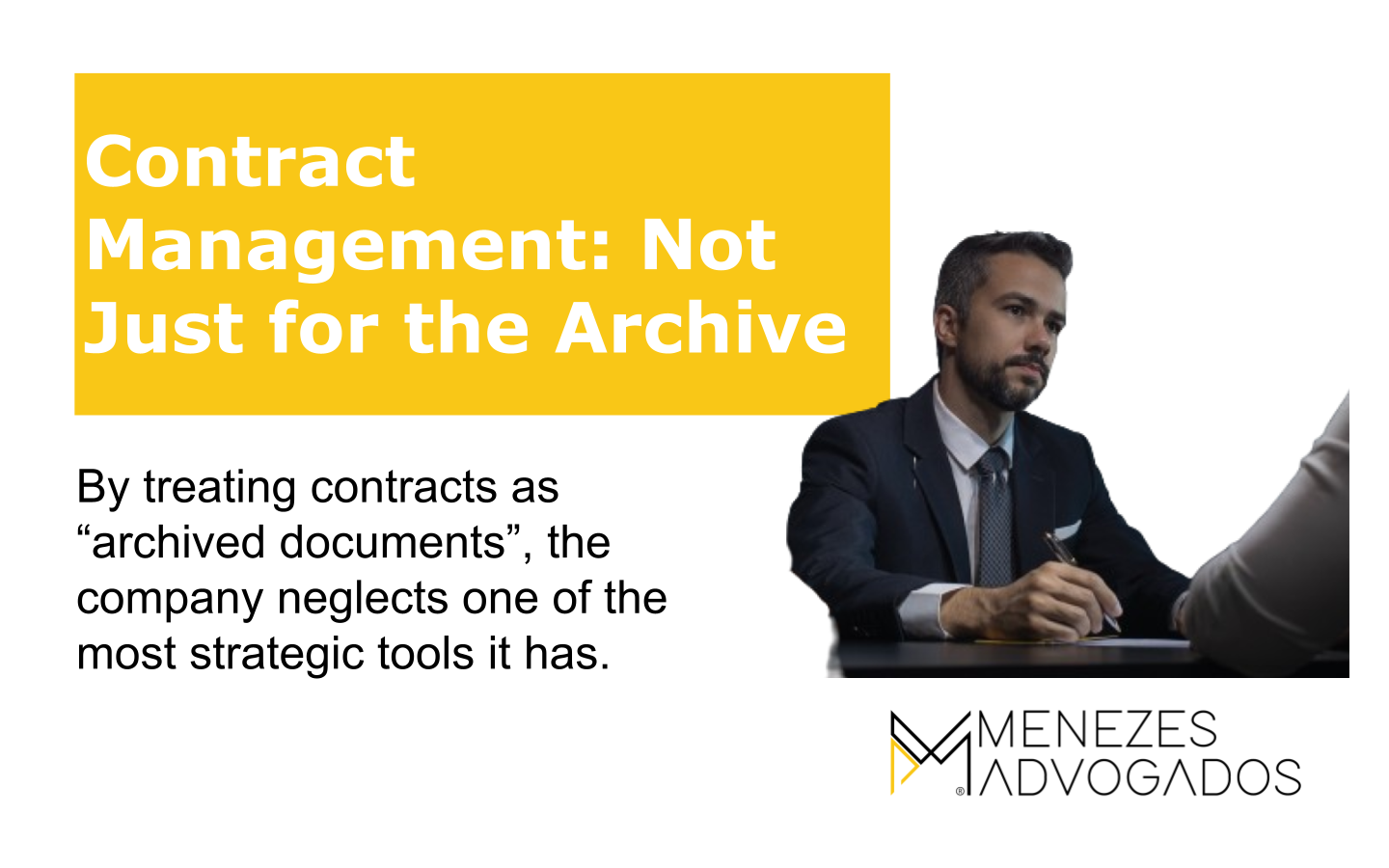For many business owners, a contract is seen merely as a formality to close a deal. It is signed, filed away, and from then on the focus shifts entirely to running the business. The problem is that, by treating contracts as “archived documents”, the company neglects one of the most strategic tools it has.
A contract is not just a record of what was agreed. It is much more, it is an instrument that should protect the company in different scenarios, from a client’s default to the unexpected breakdown of a partnership. However, over time, clauses that once seemed appropriate may become ineffective or even harmful. Changes in legislation, new market practices, or even alterations in the company’s ownership structure can leave a contract outdated.
There are cases where a business owner discovers (only when a dispute arises) that their contract does not allow for swift debt recovery because it was not drafted as an enforceable instrument. Or realises they failed to include essential obligations, such as confidentiality duties, clear termination criteria, or non‑compete provisions. When overlooked, these points can lead to lengthy, exhausting disputes.
Another risk lies in using ready‑made templates or documents adapted from third parties. A disproportionate penalty or a clause contrary to the law can ultimately benefit the other party instead of protecting your company.
That is why contract management should be an ongoing process. It is not enough to review a contract only when a problem arises, ideally, a specialised corporate lawyer should conduct periodic reviews to ensure the document is up‑to‑date, legally sound, and aligned with the company’s business strategy.
Checklist for Business Contract Management:
- Is the contract signed by all parties and witnesses?
- Is it an enforceable extrajudicial instrument to facilitate collections?
- Is the contract’s purpose clear and current?
- Does it adequately provide for ancillary obligations (confidentiality, non‑compete, etc.)?
- Are penalty, term, and exclusivity clauses in line with the law and market standards?
Ignoring contract management can be costly. Treat your contracts as a strategic asset, and invest in the security and future of your business.


